Focus Your Search
Click on the tabs below to guide your initial search. Use filters to expand or scale down the results for each category.

Click on the tabs below to guide your initial search. Use filters to expand or scale down the results for each category.

Nazism in Poland: The Diary of Governor-General Hans Frank
This collection reproduces the Tagebuch or journal of Dr. Hans Frank (1900-1946), the Governor-General of German-occupied Poland from October 1939 until early 1945. The journal is in typed format, in chronological order, covering all aspect of Generalgouvernment (GG) administration from its seat in the royal Wawel castle in Krakau (Kraków). The entries reflect administrative matters, rather than the spontaneous thoughts or feelings usually found in a diary.

City and Business Directories: Tennessee, 1849-1929
City directories are among the most comprehensive sources of historical and personal information available. Their emphasis on ordinary people and the common-place event make them important in the study of American history and culture. One of the few means available for researchers to uncover information on specific individuals, these directories provides such information as: Addresses; City and county officers; Heads of families, firms and names of those doing business in the city; Lists of city residents; Occupations; and Street Directories. In addition, researchers can learn much about day-to-day life through analysis of information on churches, public and private schools, benevolent, literary and other associations, and banks. Finally, most directories include advertising, often illustrating the products being sold. This information lends valuable insight into the city’s lifestyles and illustrates popular trends.

The Southern Literary Messenger: Literature of the Old South
The Southern Literary Messenger enjoyed an impressive thirty-year run and was in its time the South's most important literary periodical. Avowedly a southern publication, the Southern Literary Messenger was also the one literary periodical published that was widely circulated and respected among a northern readership. Throughout much of its run, the journal avoided sectarian political and religious debates, but, the sectional crisis of the 1850s gave the contents of the magazine an increasingly partisan flavor. By 1860 the magazine's tone had shifted to a defiantly proslavery and pro-South stance. Scholars and students of history, journalism, and literature can discern much about how the hot-button topics of slavery and secession were presented in southern intellectual and literary culture in the early stages of the Civil War.
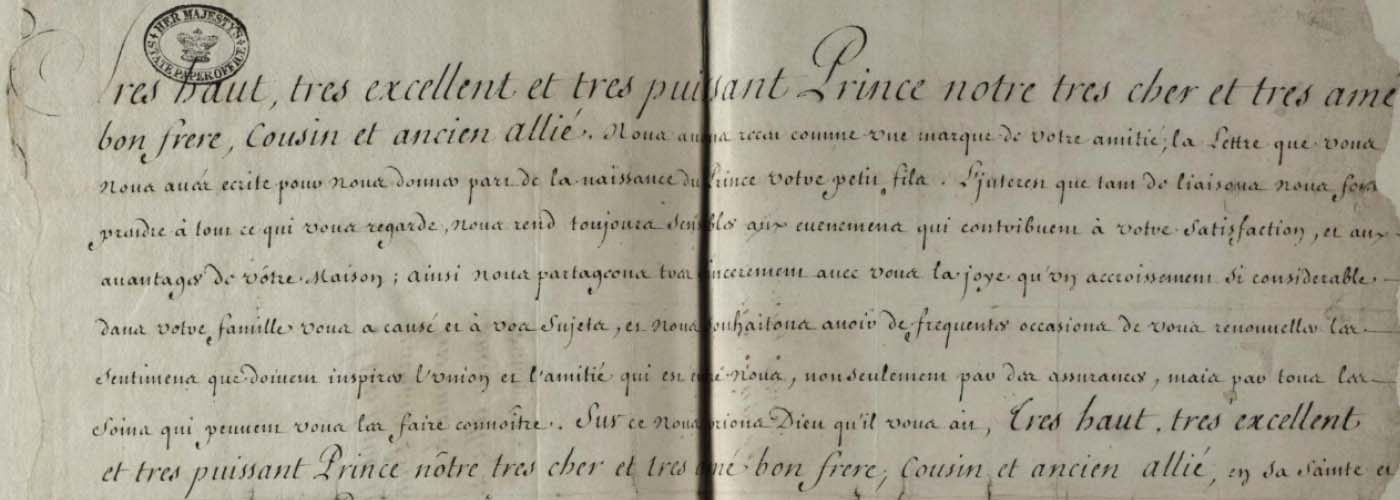
State Papers Online: Eighteenth Century, 1714-1782: Part III: Western Europe
Papers series relating to France, Portugal, Spain, Malta, the Italian States and Rome, Genoa, Tuscany, Venice, Savoy and Sardinia, Sicily and Naples. It also includes the Royal letters and Treaties series. These are the papers written or received by the secretaries of state in their conduct of British diplomacy and intelligence gathering. They document the relationship of the Hanoverian monarchs with the rulers, governments and commerce of Western Europe. Scholars will also find narratives of each country’s history running through the letters and reports as events, debates, discussions, conversations and gossip are relayed back to London.
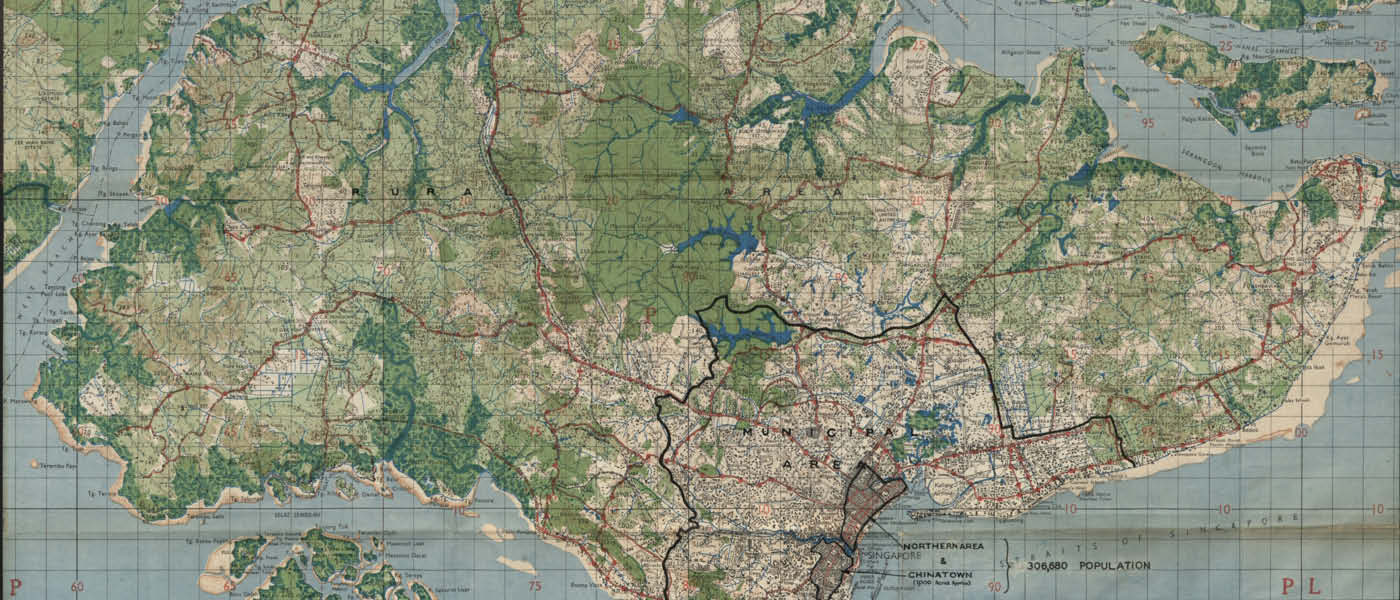
State Papers Foreign: Low Countries and Germany expands on the domestic papers in Part I and presents the first section of the foreign papers during the reigns of George I, George II, and George III until 1782, when the State Papers series ends.

Ecuador: Records of the U.S. Department of State, 1960-1963
The documents in this archive trace developments primarily during the administration of John F. Kennedy. Included here are plans by the U.S. Air Force, under an existing understanding between Quito and Washington, to commence photograph mapping operations in Central and Western Ecuador. Documents on commercial affairs include a report on the robust market of U.S. ophthalmic goods in Ecuador with continuing competition expected “from French, German, Swiss, and Japanese products”; and a proposed visit by U.S. fisheries consultants (June 1962).

The First Republic of Costa Rica spanned a century from 1848 to 1948. The time period covered by this collection bore witness to dramatic changes in Costa Rican government and society, including the end of the First Republic. Publications relating to political relations between the United States and other states generally include cables, memoranda, and correspondence addressing the political affairs and concerns affecting the particular state. Covering primarily the early Cold War documents, this collection gives researchers a unique insight into American foreign policy during one of its most stressful periods in international relations. After World War II, with only two superpowers vying for influence, access, and control, the United States looked to its state department to provide detailed analyses and insight into political affairs. As such these records are bound to be of great interest to diplomatic historians and historians studying these countries, seeking to understand American foreign affairs during this period.

Electing the President: Proceedings of the Democratic National Conventions, 1832-1988
This collection includes the proceedings of the 1832-1988 Democratic National Conventions, providing gavel to gavel coverage, including speeches, debates, votes, and party platforms. Also included are lists of names of convention delegates and alternates. Records of the earliest proceedings are based in part on contemporary newspaper accounts.

Carter Administration and Foreign Affairs
This archive treats U.S. foreign affairs during the presidency of Jimmy Carter. Notable subjects include the Arab-Israeli Conflict; the Camp David Accords; China; Panama Canal treaties; Strategic Arms Limitations Talks (SALT); the Soviet intervention in Afghanistan and U.S. responses to the intervention; the Iran Hostage Crisis; human rights; among other topics.

Johnson Administration and Foreign Affairs
This collection offers online access to the microfilm series, “Lyndon B. Johnson and Foreign Affairs, 1963-1969.” Included here are White House Central Files which consist of the Foreign Affairs Subject Files and the National Defense Subject File on the Vietnam War. The collection enumerates policies, responses, and recommendations from the president’s advisers and cabinet members on handling the growing conflict in South Vietnam, its effects on domestic policies, and the public’s reaction to the war. The files document the Johnson administration's escalation of the war from a commitment of sixteen thousand advisers in November 1963 to that of over five hundred thousand combat troops at the end of 1968. The archive details controversial issues such as the Gulf of Tonkin incident, the initiation of regular bombing attacks on North Vietnam, the decision to commit large numbers of combat troops to South Vietnam, and efforts to maintain public support for the war.

Associated Press Collections Online: News Features and Internal Communications
This collection provides rare access to an array of internal Associated Press publications dating from the turn of the twentieth century, offering valuable insight into the AP, its staff, and the history of news coverage.
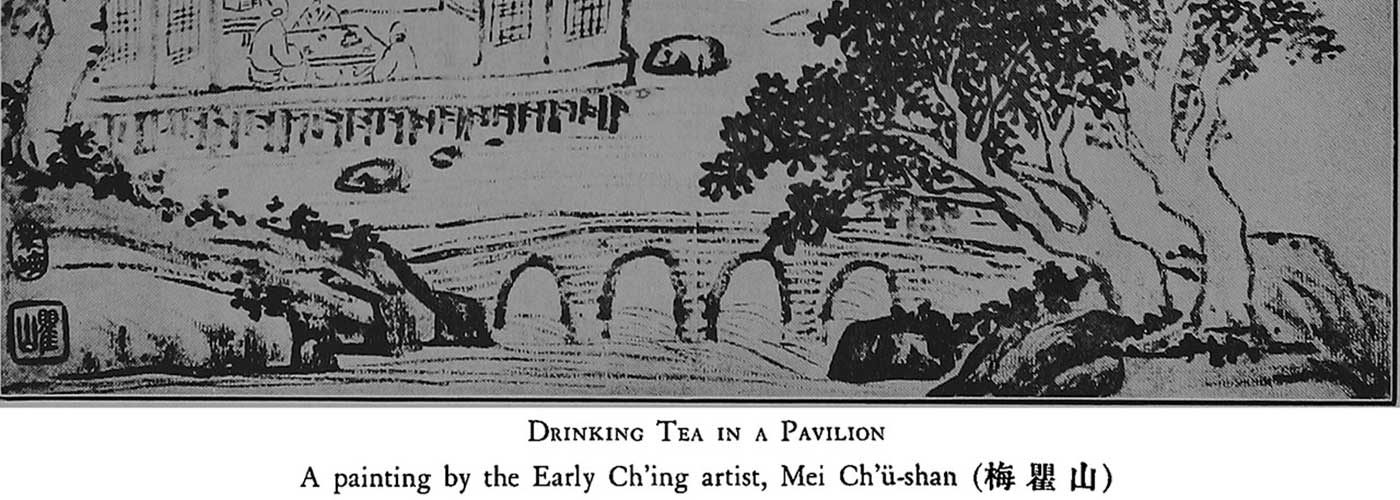
China and the Modern World: Missionary, Sinology, and Literary Periodicals, 1817–1949
This archive is the essential digital primary source collection for researchers of nineteenth- and early twentieth–century China, providing unique, firsthand accounts of the cultural interactions and conflicts that gave rise to today’s modern China.

Smithsonian Collections Online: Trade Literature & the Merchandizing of Industry
This collection, covering 1820 to 1926, allows researchers to determine the history of companies and industries, discern trends in sectors from furniture to machinery, analyze marketing and management techniques, and examine illustrations of the items used at home and in business. The collection exposes technological advances, architectural advances, societal changes, and business history in a way that reveals vital aspects of American culture, society, and history.

Service Lists and Reports of the Chinese Maritime Customs Service and Whangpoo…
This is a collection consisting of the service lists of Chinese Maritime Customs Service and the reports generated by a related institution, the Whangpoo (also Whangpu) Conservancy Board. The Whangpoo Conservancy Board was established in December 1905 as part of the treaty requirements prescribed in the Protocol of Peking signed in 1901 after the Boxer War, with the main functions of carrying out the “straightening of the channel of the Whangpu River and of the improvement of the bars above and below Wusung together with the maintenance of such improvements.” The Board was placed under the joint management of the Shanghai Customs Taotai (a Chinese official) and the Commissioner of Shanghai Customs (a Westerner). The Board compiled and published several series of reports regarding the harbour and port of Shanghai, including a five-section “Shanghai Harbour Investigation Report” and a series of reports entitled “The Port of Shanghai” from 1920-1943. From 1875 to 1948 the Maritime Customs Service of China published annually a Service List, which listed all indoor and outdoor employees. These employees were listed mostly in order of seniority within rank (e.g. Commissioner, Examiner) and by station. From 1892 a new table recording honors was also published in two parts for foreign and Chinese staff respectively. Each Service List included a table of “Withdrawals from Service,” running from mid-year to mid-year. This included the following basic details: name, Chinese name, nationality, position on first appointment, date of first appointment, position on withdrawal, port stationed when withdrawing, date of final withdrawal, mode of withdrawal (resigned, retired, dismissed, etc.), and notes. The data included in these service lists provide the career outlines of all included employees.

Smithsonian Collections Online: World's Fairs and Expositions, Visions of Tomorrow
With coverage beginning in 1834 and including the pivotal Crystal Palace Exhibition of 1851 in London, this collection allows users to explore key cultural and technological progress that shaped contemporary outlooks on life and reflected national identities.
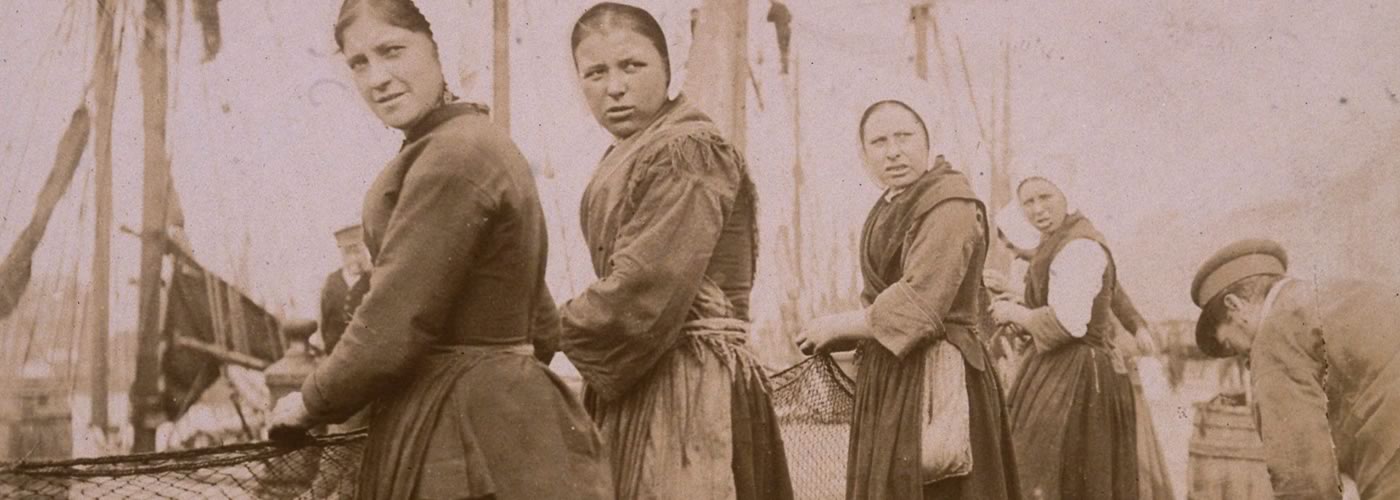
Nineteenth Century Collections Online: Women and Transnational Networks
The Nineteenth Century Collections Online: Women and Transnational Networks collection covers issues of gender and class, igniting nineteenth-century debate in the context of suffrage movements, culture, immigration, health, and many other concerns. Using a wide array of primary source documents, including serials, books, manuscripts, diaries, reports, and visuals, this collection focuses on issues at the intersection of gender and class from the late eighteenth century to the era of suffrage in the early twentieth century, all through a transnational perspective.
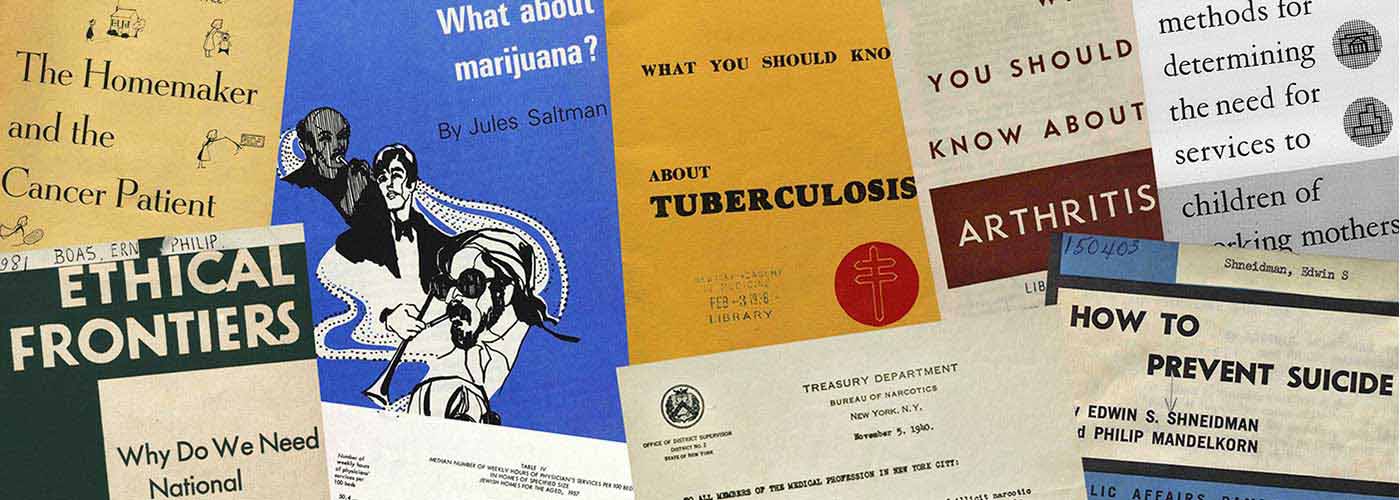
Public Health Archives: Public Health in Modern America, 1890-1970
Public Health in Modern America, 1890-1970 provides scholars with materials that explore the fight for a national health care plan from the end of the Depression well into the 1960s. Content covers medical economics and sociology, medical care, legislation, and the role of key organizations and individuals. The collection’s documentation of the evolution of public health legislation, policies, and campaigns at local and federal levels supports the examination of our past while considering outcomes for our future.

Nineteenth Century Collections Online: Europe and Africa, Colonialism and Culture
Nineteenth Century Collections Online: Europe and Africa, Colonialism and Culture presents a dramatic, gripping chronicle of exploration and missions from the early nineteenth century through the Conference of Berlin in 1884 and the subsequent scramble for Africa. Unique sources provide a wealth of research topics on explorers, politicians, evangelists, journalists, and tycoons blinded by romantic nationalism or caught up in the competition for markets and converts. These monographs, manuscripts, and newspapers cover key issues of economics, world politics, and international strategy.

Punch Historical Archive, 1841-1992
The fully text-searchable online archive of Punch -- Punch Historical Archive, 1841-1992 -- is available for scholars, students, and the general researcher to explore. The archive is an unrivaled resource for researching and teaching nineteenth- and twentieth-century political and social history on key themes such as World War I and World War II; colonialism, imperialism and End of Empire; impact of new technology and modernity; public health, conservation and environmentalism; social change; and the role of women.

Gale Presents: National Geographic Virtual Library People, Animals, and the World
National Geographic: People, Animals, and the World provides unlimited access to digital content that attracts, engages and informs students, educators, researchers and general readers including full-text books, magazines, videos, maps and National Geographic images.